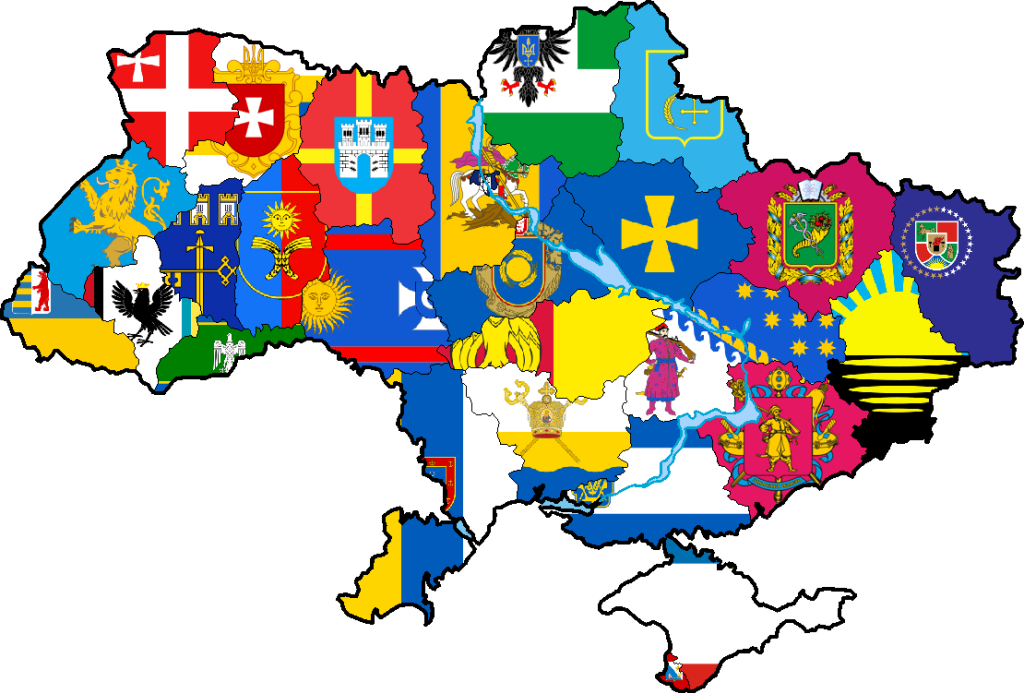How do institutional reforms affect voter mobilization in weakly-institutionalized democracies? Dr. Anastasiia Vlasenko examines the effect of decentralization on turnout and candidate diversity in local elections in Ukraine in 2015-2020. In 2014, the government of Ukraine initiated decentralization reform which allowed territorial communities to gain wider administrative, financial, and fiscal independence. Difference-in-differences estimates show that decentralization increased turnout and decreased the percentage of successful candidates with higher education and party affiliation. These effects can be explained by the increased interest in local politics and easier access to candidacy due to improved salience of local politics and communities’ relative independence from central authorities. Thus, even under weak democratic institutions, decentralization can have an immediate effect on voter mobilization through increased perception of local elections as ‘meaningful’ and, thus, worth time and effort.
This event will take place in person and on Zoom. Both our in person and Zoom format will be fully open to the public. Access the Zoom meeting here. Non-NYU affiliates must RSVP. The Jordan Center is located at 19 University Place, on the second floor.
Dr. Anastasiia Vlasenko is a postdoctoral fellow at the Jordan Center for the Advanced Study of Russia. She studies electoral politics and democratization with specialization in politics of Ukraine and Russia. Her monograph project, ‘The Electoral Effects of Decentralization: Evidence from Ukraine’ investigates how decentralization reform affects electoral mobilization and diversity in a weakly institutionalized democracy. Vlasenko is particularly interested in transitional period reforms, propaganda, legislative politics, and forecasting. Her research has been published in the Journal of Politics. She received her Ph.D. from the Department of Political Science at Florida State University in 2022, M.A. in Political Science from Florida State University in 2018, M.A. in International Relations from New York University in 2016, and M.Sc. in European Affairs from Lund University in 2013, and B.A. in Political Science from the National University of Kyiv-Mohyla Academy in 2011. In 2020-2021, she worked at Hertie School in Berlin as a visiting researcher. In 2014-2016, Vlasenko was a Fulbright scholar at New York University. At Florida State University, she taught courses on comparative politics and post-Soviet studies.

